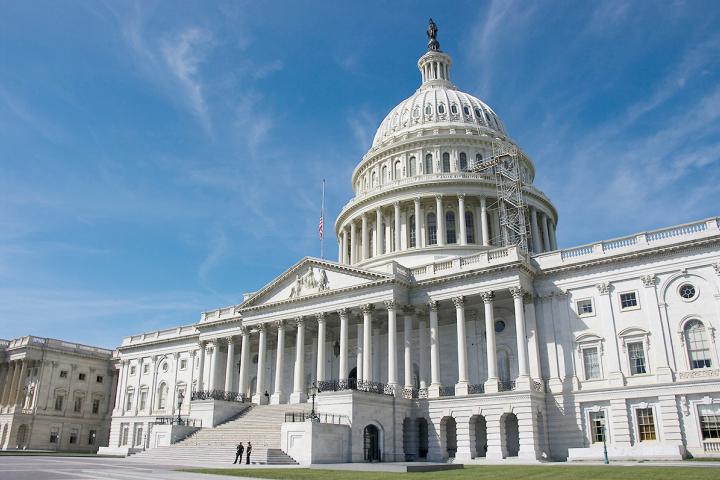On Friday, July 29 the Hindu American Foundation hosted a closed-door Congressional virtual briefing featuring a panel of four Kashmiri Muslim activists who have been actively involved in Hindu-Muslim reconciliation efforts following the abrogation of Article 370 in the summer of 2019.
Participating in the panel were: Yana Mir (editor in chief of The Real Kashmir News and vice president of All JK Youth Society), Javed Beigh (former general secretary of People’s Democratic Front), Dr. Mehar Rather (women’s rights activist and teacher of ethics, human behavior and comparative religion studies), and Mehraj Malik (an expert in youth de-radicalization initiatives).
Moderating the panel was HAF Board Member Dr. Rajiv Pandit, whose family was expelled from Kashmir in 1989 during the ethnic cleansing of Kashmiri Pandits.
On the disconnect between the on-the-ground situation in Kashmir and what is often being portrayed in media, Yana Mir noted that reporters should give more significance “to people who are actually living in Kashmir and have lived here before the abrogation happened and are feeling the change after that. Foreign media must stop depending on input of people who don’t live in Kashmir to talk about Kashmir, who’ve left Kashmir 30-40 odd years ago.”
“Religious radicalization has added another worrying dimension [to the situation in Kashmir]”, Mehraj Malik said; adding, “The current generation of young Kashmiris have been brought up under an environment of strife between the religious and political narratives, leading to violence by terrorists. Over the years, through a planned lecture series,various places of worship across Kashmir, through books and pre-planned one page pamphlets, a version of religion that is twisted enough to immune a human to his natural tendencies of mercy and goodness is converted into a killer.”
Commenting on how prior to 2019 politics in Kashmir became dominated by a handful of upper class Muslim families, Javed Beigh stated that this has now changed. “Administrative steps taken since the abrogation of Article 370 have helped create a true and democratic leveled playing field for a vast sectional of marginalized and very downtrodden castes and communities that was not there earlier.”
During a particularly moving moment, Dr. Mehar Rather discussed the many incidences of domestic violence against women prior to abrogation of Article 370, herself included, but now “women have told [me], because now we have a kind of freedom, we are progressing and we can speak about what has happened to us.” Dr. Rather was optimistic for the future of women’s rights in Kashmir, noting “we have started walking; I don’t know when we’ll be able to reach the destination but I’m pretty sure that we will reach there because we have a conducive environment for that right now.”
Summing up the spirit of the panelists, Dr. Rajiv Pandit concluded, “I am happy to hear that there is strong consensus among these Kashmiri Muslim activists that an inclusive, democratic Kashmir will require the eradication of radical ideologies that have infiltrated the valley over the past 30-40 years, as well as the safe return of the Kashmiri Hindus who have been living in exile.”
Praising the panel Congressman Pat Fallon (R-TX), in attendance, said:
“It is so important that we make sure that we do everything in our power to have the highest number of people in this world enjoy freedom and liberty and minority protections. The truth needs to get out because there’s a certain narrative that so many in this country unfortunately have, and the prism they see it through–it’s not a prism of truth, and we need a prism of truth and that’s what we are hearing today on this panel and I’m deeply honored to listen in and learn quite frankly. Because too many Americans are Ameri-centric and they need to know what’s going on all over the world and I really do appreciate this because it is a contentious issue and has been for the last 70 years, and more people in this country need to understand everything going on in Kashmir and talk about the oldest democracy in the world really partnering with the largest democracy in the world.”
HAF Managing Director Samir Kalra added:
“After hearing from our expert panelists, I feel optimistic for the future of Kashmir: A pluralistic future, where all its residents, whether Muslim, Hindu, Sikh, Buddhist, Jain, or Christian can live peacefully and harmoniously together and enjoy all the rights of individuals in a democratic country, where terrorists and their supporters are marginalized, and where the economy and tourism thrive. This is a vision for Kashmir that HAF shares and is working towards with our partners on the ground and in the diaspora.”






































